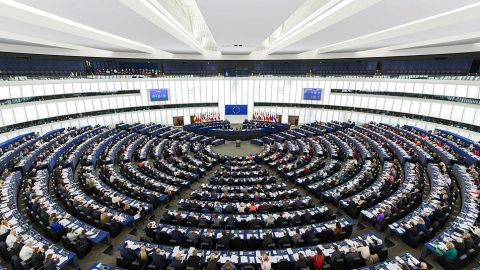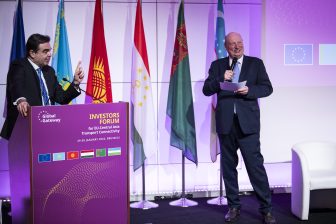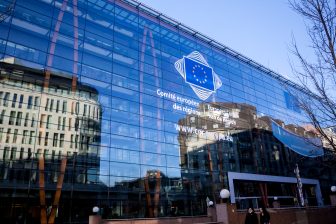
Role of women in rail to be discussed at EU level
The employment of women in rail has become the topic of an ongoing agreement negotiation at EU level. Women account for less than 20 per cent of the railway workforce, much below the economy wide participation rate of women in the labour market (46 per cent). For some professional categories, this figure is even lower.
This was announced by the Community of European Railway and Infrastructure Companies (CER), representing railway sector employers and the European Transport Workers’ Federation (ETF), representing employees. Both companies are part of the negotiations.
Limited evolution
Railway companies and trade unions are convinced that the situation should be changed in order not to miss out on the valuable contribution of women, to promote diversity at the workplace, and eventually bring the railway sector image closer to the one of the society in which rail customers live.
CER and ETF have addressed the topic of women’s representation with several initiatives over the last decade and monitored progress for the past six years. In the light of limited evolution in women’s share among employees, CER and ETF decided to step up their commitment with the decision to negotiate an EU social partners’ agreement on this issue.
Only way
According to the President of the EU Sectoral Social Dialogue for Railways, Giorgio Tuti, the European Social Dialogue is the right place to negotiate effective measures to attract women to all professional areas of the rail sector. Guaranteeing equal opportunities and good working conditions for women in the railway sector is the only way ahead, added ETF Deputy General Secretary Sabine Trier.
CER Executive Director, Libor Lochman, commented: “CER members take the objective to improve the gender balance in the sector very seriously. For this reason we are keen to embark on the negotiations, aiming to a result that promotes good practices and tackles the remaining challenges”.





